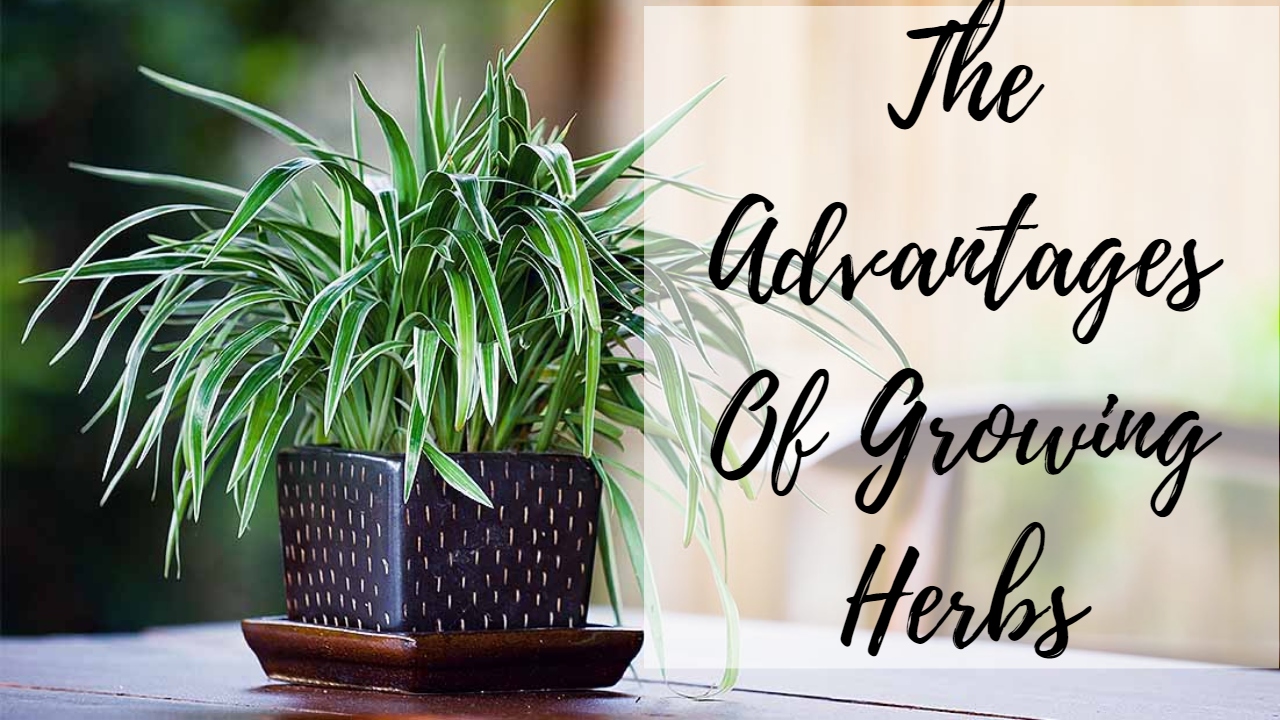

Light: Because various houseplants require varying amounts of light, it’s critical to select plants that will thrive in your environment. Some plants require direct sunlight, while others prefer indirect sunlight. If you’re unsure, try to figure out what sort of light your plant-like, or position it near a window that gets indirect light.
Watering: Overwatering is one of the leading causes of plant mortality, so be sure you’re not overwatering your plants. Most houseplants require weekly watering, although this varies based on the species of plant, the temperature and humidity in your home, and the size of the container. Stick your finger into the soil to determine if it’s damp, and alter your watering plan appropriately.
Soil: The type of soil you use might also have an impact on the health of your plants. Choose a high-quality, well-draining potting mix over garden soil, which can be excessively heavy and retain too much moisture. You can also incorporate perlite, sand, or other minerals.
Fertilizing: Most houseplants require fertilization once a month, more frequently during the growing season. Choose a balanced, water-soluble fertilizer and follow the package directions. Overfertilization might harm the roots and destroy your plant.
Humidity: To survive, certain houseplants, such as ferns and tropical plants, require a high-humidity environment. If your house is dry, you may provide humidity by placing a tray of water near your plants or regularly spraying them.
Also Read: Surrounding Oneself With Positive And Helpful Individuals
In today's article, we will learn the importance of happiness and how to maintain it…
Today, we will look at three common mistakes couples make in their relationships regarding intimacy…
In this article, we will learn about the simple ways that can help one overcome…
Check out the list of couples' biggest relationship mistakes in this article.
In this article, we will learn about anxiety and how one can handle it in…
In this article, you will understand the horrifying effects of child abuse.